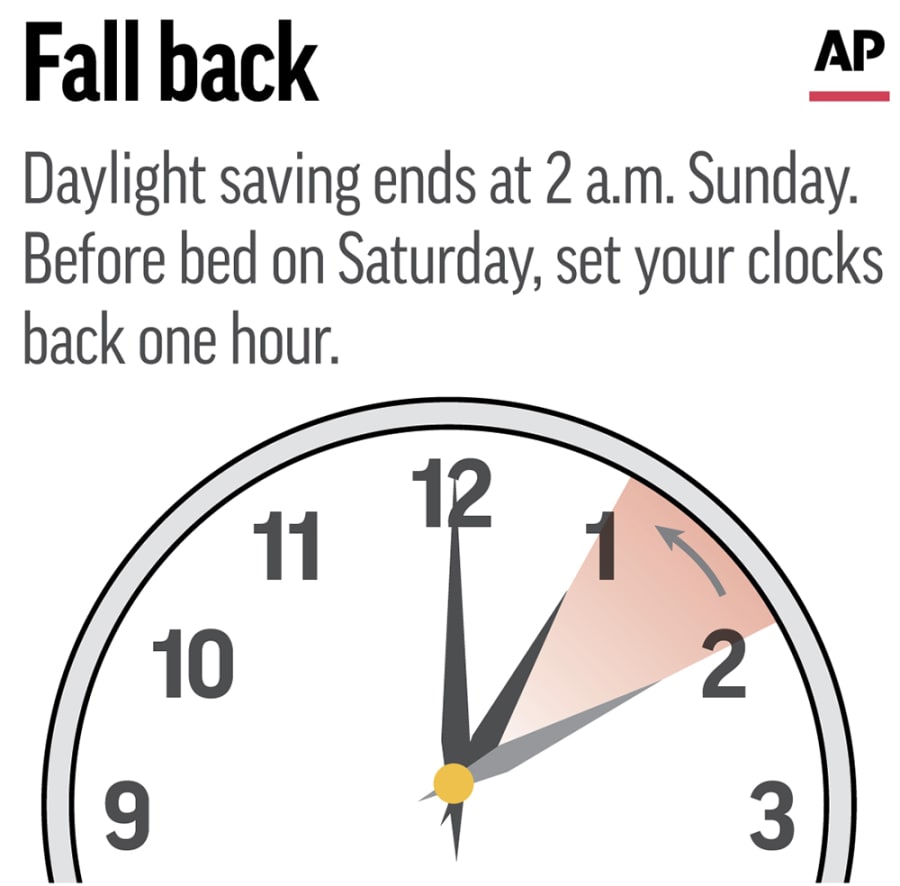JACKSONVILLE, Fla. – For many, the quest for a good night’s sleep is a daily struggle. This Sunday, as we prepare to turn back our clocks for the end of daylight saving time, it brings with it both advantages and disadvantages.
At 2 a.m., the clocks fall back, granting an extra hour of sleep before the rooster crows. Unlike the springtime leap forward in March, these time changes can have a profound impact on our bodies, affecting our sleep patterns and overall well-being. The American Academy of Sleep Medicine has been advocating for the elimination of these seasonal time changes.
Recommended Videos
Dr. Fariha Abbasi-Feinberg from the American Academy of Sleep Medicine discussed the effects of these time changes on The Morning Show.
“I think we all agree that the twice-a-year time change is really disruptive to all of us,” she said. “So, 67% of Americans believe that we should get rid of it and stick to one time. The debate has revolved around whether it’s better to stay on Daylight Saving or Standard Time. It turns out that standard time is more aligned with our circadian rhythms. It’s more natural to wake up with the sun and go to bed when the sun sets.”

Dr. Abbasi-Feinberg emphasized how these changes affect everything from our mood to driving safety, adding that adjusting to standard time might be better for our overall health.
As the time change approaches, Dr. Abbasi-Feinberg suggested, “This is a great time to prioritize sleep because it’s going to get darker a little bit earlier. It’s the perfect time to wind down and get to bed at a reasonable time. Go to bed at your usual time on Saturday night to help adjust to the new schedule.”
In addition to sleep disruptions, the time change can trigger headaches. Researchers at the University of Southern California found that some individuals experience ‘Cluster Headaches’ when the clocks shift. Cluster Headaches are known for their sharp, stabbing pain and nausea. To ease the transition, experts recommend exercising and spending time outdoors in the mornings.
While Florida and more than 20 other states have passed laws to stay on Daylight Saving Time year-round, federal law changes are still needed to make these time changes a thing of the past.
This weekend, as you adjust your clocks, remember to prioritize sleep and consider the impact of time changes on your well-being. And, be sure to join us on The Morning Show Monday morning for a series of reports designed to help you achieve a better night’s sleep, including insights on snoring triggers and sleep devices that can make a difference.
Sleep soundly!




